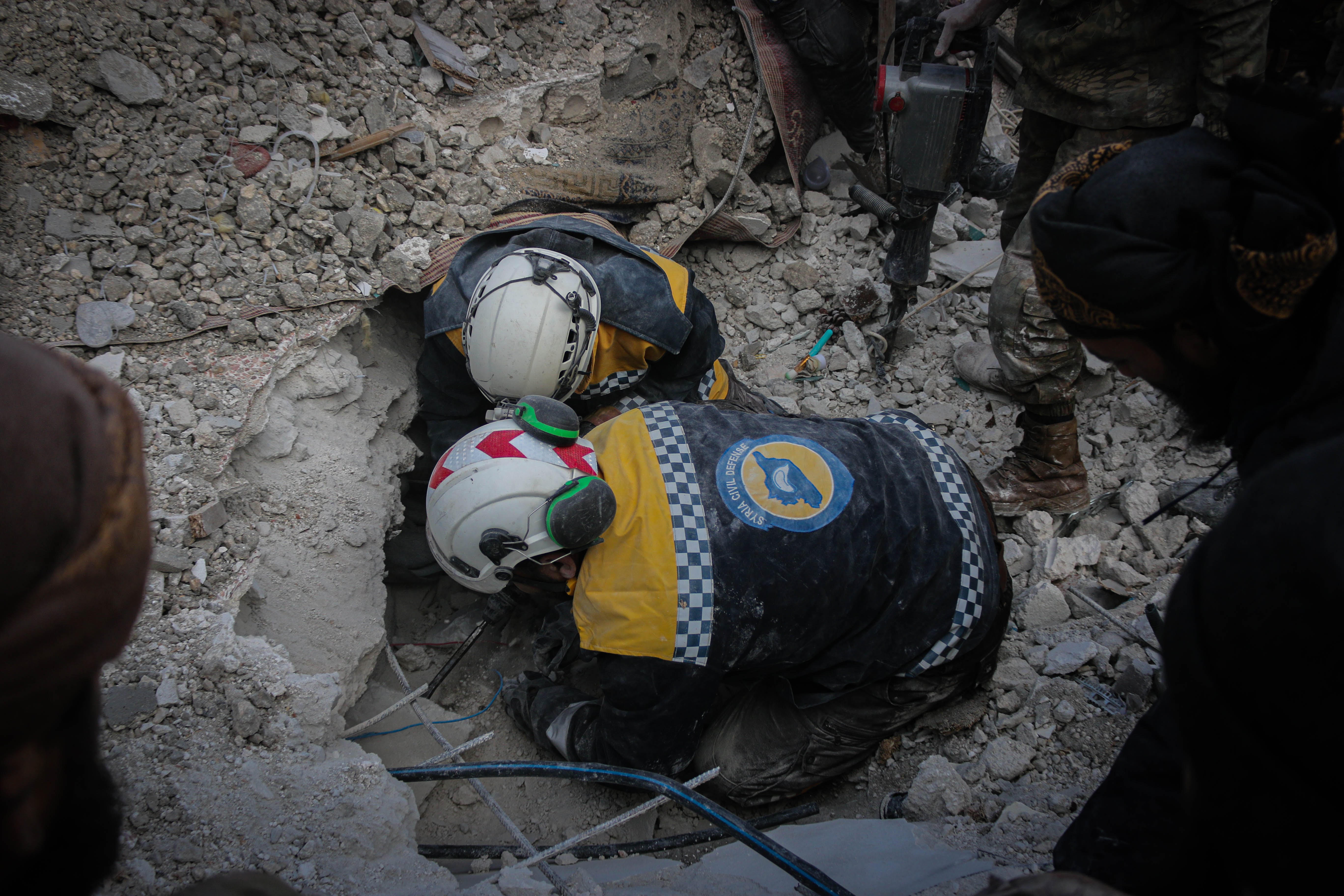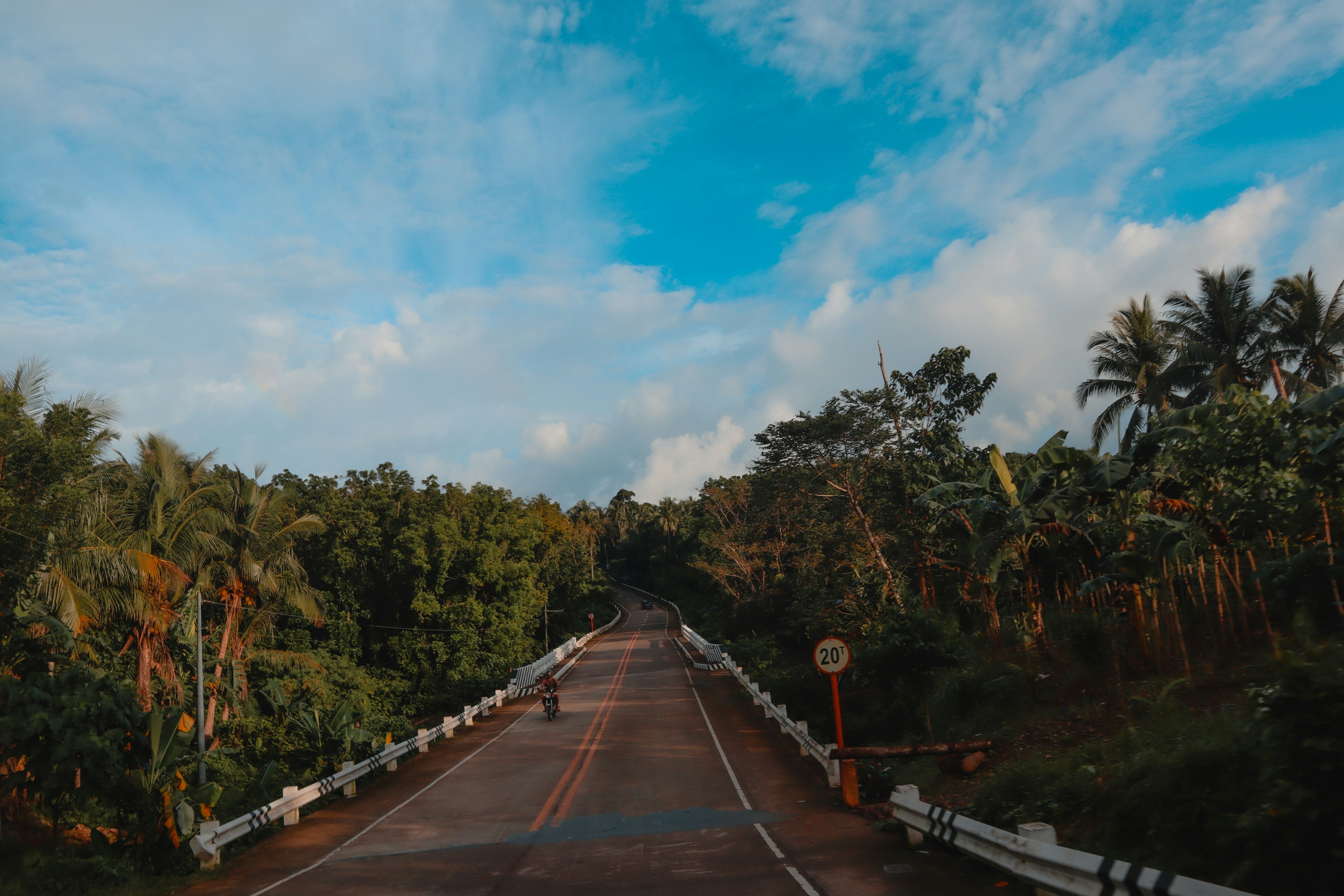As the world continues to witness increasing crisis and disaster and unrelenting poverty, many of us are overcome with the desire to help. Maybe you don’t have the necessary skills or experience to be deployed in humanitarian response, but you’re determined to throw your hat in the ring and fight for the greater good. This may come in the form of volunteering with an international aid organisation or a local NGO, or perhaps traveling post-disaster to help with relief efforts. In the past this endeavour was largely reserved for development graduates and skilled aid workers; however, the growing trend of voluntourism has essentially opened the door to anyone with self-proclaimed good intentions and a willingness to pay for a structured ‘volunteer’ itinerary. Is this furthering the humanitarian cause or simply overcrowding a fragile space in the interest of selfies and testimonies of personal growth?
The dangers of voluntourism
Volunteer tourism, known as ‘voluntourism,’ describes tourists volunteering for a charity or development organisation in a developing country for a short period amidst their ‘alterative’ travel holiday. These ‘volunteer experiences’ are typically organised by travel companies and intermediaries and can cost upwards of a thousand dollars a week. While appearing well-intentioned, the industry has come under increasing criticism for valuing profit above impact, perpetuating situations of crisis and poverty to attract volunteers, and pumping unskilled, untrained workers into settings where they are often more of a nuisance than an asset.
Many of these volunteer trips focus on working with children, education, healthcare, environmental conservation or building infrastructure. While these are all worthy causes, volunteers with limited to no prior skills or training are hardly qualified to fill these roles. While the opportunity to teach young children English in an impoverished village does well to attract Western do-gooders, will these children truly be well served by a teacher with no background in education and a constantly revolving door of new volunteers? The most alarming trend is the popularity in ‘orphanage tourism’. Tourists flock to orphanages to volunteer with vulnerable children in hopes of leaving a positive impact; however, in reality, often all they are leaving are abandonment issues and a lofty donation to prop up a corrupt institution. Research by Lumos has found the 80% of the nearly 8 million children living in orphanages have a living parent. These children are trafficked or bought from their families and exploited to attract volunteers.
Orphanages represent one of the most extreme examples; however, even seemingly harmless construction projects have a downside. A popular blog post by former voluntourist, Pippa Biddle, depicts her experience volunteering in Tanzania. She explains that as students attempted to build a new library by day, local men would then have to tear down and reconstruct their work every night. These volunteers are taking jobs away from locals and wasting precious resources and money which could be better utilized pumped back into the community. Volunteers are essentially paying for the opportunity to provide shoddy low-skill labour and crowd out locals who truly need the income.

Voluntourism can also significantly thwart efforts for genuine capacity building. Why train locals to fill needed positions when organisations can profit from a constant influx of volunteers? The sustainability of these programs is largely non-existent. Development is a long-term, multiyear commitment, not something that is easily satisfied by a week’s vacation. The $2000 it often costs to participate in one of these trips could allow you to play with school children for a week or it could pay the salary of a village teacher for months. While volunteers continue to be drawn to these programs in the hopes of leaving a meaningful impact, the impact is generally much greater on the individual than it will ever truly aid development.
From danger to disaster
These problems are only exacerbated in humanitarian emergencies. After a disaster strikes or even amidst a crisis, gutsy voluntourists are driven to help the relief effort. Technology and globalisation have changed the way we view disaster. A 24-hour news cycle brings devastation to our doorstep and social media can often serve to spur people to action; however, untrained volunteers can be dangerous in emergency settings. Humanitarian response requires local knowledge, organisational infrastructure and an understanding of the response coordination system. Without the necessary competencies, voluntourists in these settings expose themselves and others to significant risk and can create a burden on the broader humanitarian response.
Amidst the current push for a more localised humanitarian response, there is increasingly limited space for qualified international aid workers, let alone untrained volunteered. Response organisations are focusing on training local staff to take over recovery efforts and build capacity. When uncoordinated volunteer organisations flood this fragile space with students, church congregations, and well-intentioned do-gooders, they are hindering this process and taking valuable resources away from those who need them most. After the 2010 earthquake in Haiti, reports reveal teams of volunteers arriving without food, bedding or supplies to sustain themselves. Volunteers simply show up, the intention is clear, but the value is lacking. In urgent disaster relief scenarios, there is no time to train newbies and the self-proclaimed desire to help, while noble, is not effective.
It’s not all doom and gloom
This is not to say that all opportunities for voluntourism are necessarily negative. Generally speaking, it’s not that volunteer tourism organisations are inherently bad, rather that they are sending volunteers for the purpose of the volunteer’s personal experience without priority for the actual impact, effect or sustainability of operations. Of course, there exists both ends of the spectrum, some companies are known to be scams and marred in scandal ranging from their profit-hungry business models to the horrors of the ‘orphanage business.’ On the other hand, there are also plenty of avenues to volunteer ethically and responsibly through organisations which foster transparency, accountability and locally led programs.
If you are truly set on embarking on an international volunteer trip, there’s an array of guides, checklists and questions that you can find online to steer you in the right direction. However, if it’s humanitarianism that motivates you, perhaps there is a better path to pursue. In the wake of a disaster, instead of scrambling to volunteer overseas, take the money you would spend on a plane ticket or a hefty voluntourism package and donate it to a local relief organisation. While this may not be nearly as glamourous or produce any enlightening travel stories for your repertoire, if your motivation is genuinely to help those in need this is often the best avenue.
Even with the best intentions, voluntourism can often do more harm than good. Proper volunteering is not a holiday, nor should it be. This doesn’t mean that there’s no space to volunteer without a master’s degree in development and 5 years experience, just be sure to be conscious of your placement and perhaps leave the Instagram filters at home.






